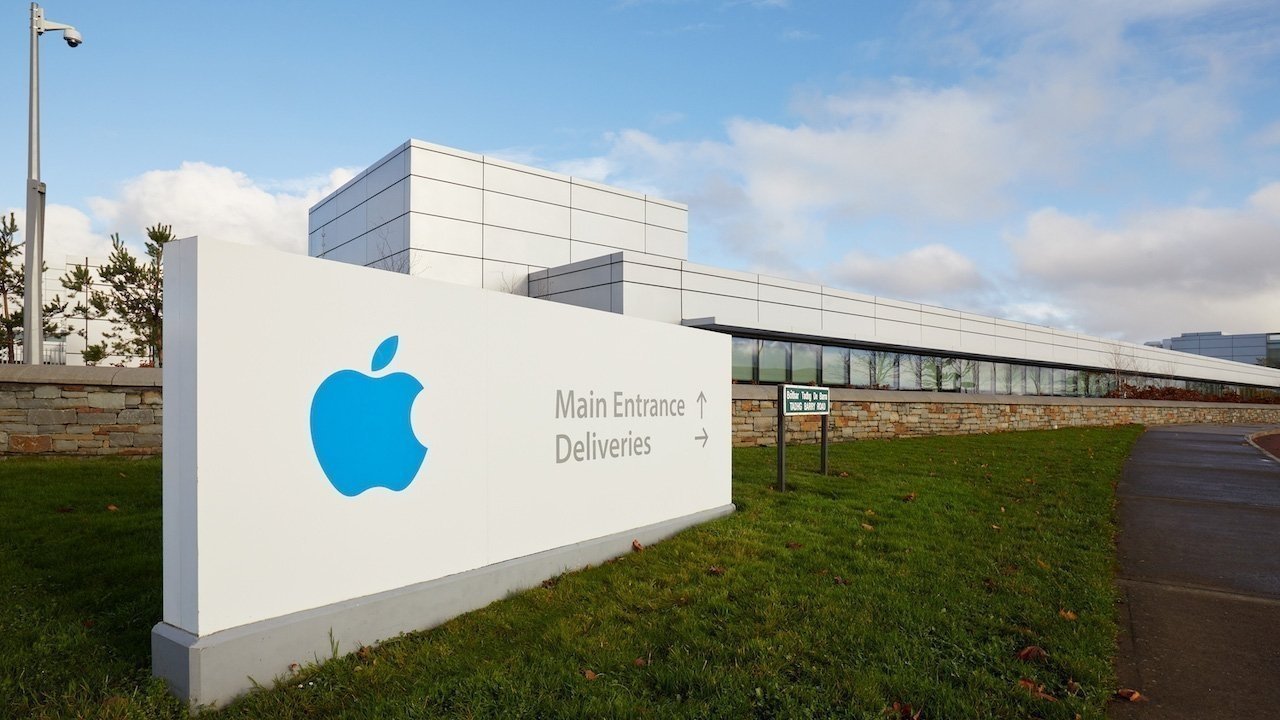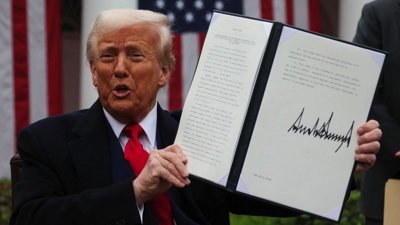After a decade of legal wrangling, the European Union has officially given its final ruling over Apple and Ireland's allegedly illegal tax agreement, and Apple has to pay up.
Since 2004 when the agreement was made, both Apple and Ireland have continually protested that the amount of tax being paid was legal and fair. It was an exceptionally low rate of tax, however, and moreover the sums being taxed were not just those earned by Apple in Ireland itself.
Instead, Apple effectively splits its operations into the US and the rest of the world, with all of the profits from the rest of the world going through its Ireland HQ. Consequently, in 2014, the EU investigated the agreement and concluded that the practice was not legal.
From that point, Apple has had to pay the required back taxes, but it's had to do so into an escrow account. While Apple had to pay it, neither it nor the EU could take the money until all legal procedures were complete.
During the years that this has been going on, the money has accrued interest. It is now approximately $14.6 billion.
"The Court of Justice gives final judgment in the matter and confirms the European Commission's 2016 decision," the EU has now said, according to BBC News. "Ireland granted Apple unlawful aid which Ireland is required to recover."
"The European Commission is trying to retroactively change the rules and ignore that, as required by international tax law, our income was already subject to taxes in the US," said an Apple spokesperson. "This case has never been about how much tax we pay, but which government we are required to pay it to."
"We always pay all the taxes we owe wherever we operate and there has never been a special deal," the spokesperson continued. "Apple is proud to be an engine of growth and innovation across Europe and around the world, and to consistently be one of the largest taxpayers in the world."
"We are disappointed with today's decision as previously the General Court reviewed the facts and categorically annulled this case," Apple concluded.
It's now not clear whether Apple has any further recourse to appeals. But if it hasn't, it means that the accusation of illegal arrangements that was first made by EU Commissioner Margrethe Vestager has taken almost her entire time in office.
 William Gallagher
William Gallagher

-m.jpg)






 Mike Wuerthele and Malcolm Owen
Mike Wuerthele and Malcolm Owen

 Malcolm Owen
Malcolm Owen


 Oliver Haslam
Oliver Haslam
 Amber Neely
Amber Neely










53 Comments
As I read the decision, the Court of Justice decided sua sponte to issue a final judgment such that the case won't be returning to the General Court for further considerations. Neither the appellant (i.e. the European Commission) nor the intervener (i.e. the EFTA Surveillance Authority) asked for that. They both asked for the case to be referred back to the General Court so that it could consider Ireland and Apple's other grounds from the original appeal. So I think this is a bit of a surprise - not the decisions in favor of the Commission but the decision to issue a final judgment.
I suppose the U.S. government could again try to get involved, filing a complaint of some sort, since that's where the money that Ireland will collect will ultimately effectively be coming from. But in the current ideological environment I'd guess the likelihood of that is small.
EDIT: For some reason the system still won’t let me quote (and post) what I’m responding to.
The title is misleading: Apple must not pay the amount to the EU, but to the Irish government. The court has decided that the reduced tax rate must be considered as illegal government aid to a private company. This illegal aid must be reimbursed to Ireland.